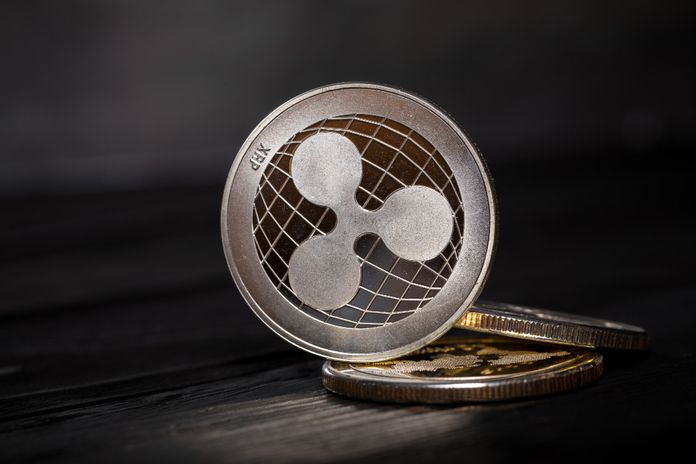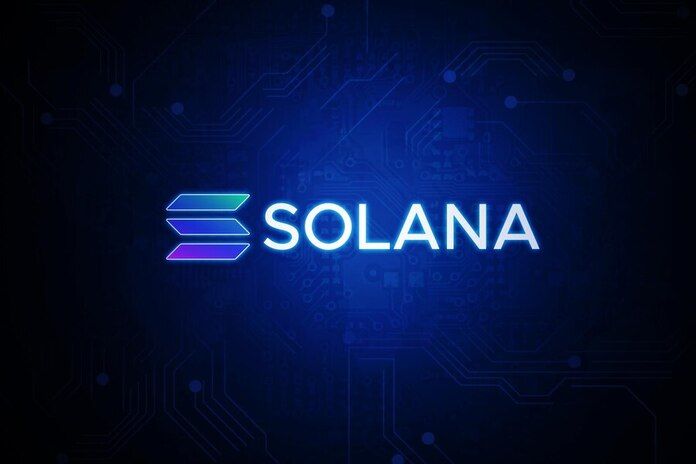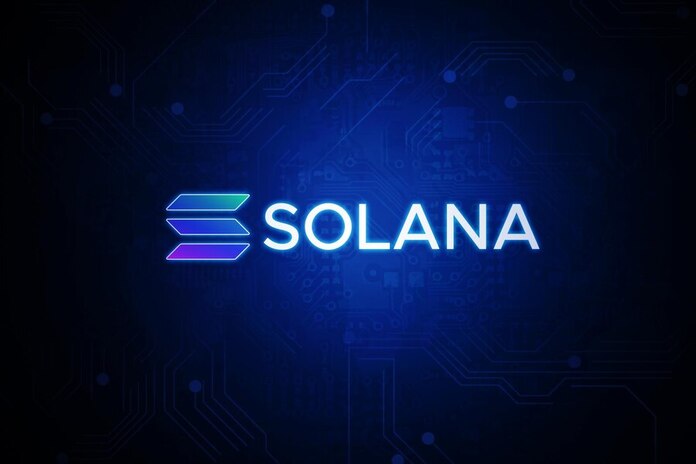JustAnswer Reveals Top Trending Tax Questions for 2025
US taxpayers are increasingly concerned this year about reporting crypto and NFT gains, along with remote work implications and green energy credits
SAN FRANCISCO, March 19, 2025 /PRNewswire/ — Cryptocurrency gains, remote work tax implications and NFTs reporting rules: these are the newest and fastest trending topics among thousands of tax questions the accountants on JustAnswer are getting from US taxpayers this year according to just-released data from the popular expert platform today.
A popular resource for people seeking help with income tax filing questions and dilemmas, JustAnswer’s tax professionals processed more than 98,000 tax questions in 2024, and its experts have already received nearly 25,000 tax queries just since January 1st this year. The company typically sees its highest spike in tax questions starting this month as the IRS April 15th deadline approaches. Recently, JustAnswer analyzed the content of these queries in comparison to recent years to learn what are the newest, trending issues keeping taxpayers awake (and accountants busy) this year. The result? Questions about how to report gains and losses on cryptocurrency and NFT transactions, and the rules around deductions for home office setups and expenses, along with concerns over inflation and confusion over green energy tax credits and remote work implications dominated the conversations this year.
2025’s Top Trending Tax Questions on JustAnswer
- Cryptocurrency Taxation: Continued interest in how to report gains and losses from crypto transactions.
- Remote Work Tax Implications: Many are curious about tax rules surrounding remote work setups and deductions.
- Green Energy Tax Credits: Increasing awareness and queries about tax benefits related to renewable energy investments.
- Inflation Impact on Taxes: Concerns about how inflation affects tax brackets, deductions, and credits.
- NFTs and Taxation: Emerging questions about tax obligations related to buying, selling, and holding Non-Fungible Tokens (NFTs).
In comparison, last year’s most prominent tax topics looked much different, focusing on new rules about “pass-through entity elections,” inflation adjustments to tax brackets and standard deduction amounts and electric vehicle credits.
2024 Top Trending Tax Questions on JustAnswer
- State Pass-Through Entity (PTE) Tax Elections: Over 35 states, including Ohio, enacted PTE-level taxes, allowing entities to deduct state taxes at the entity level, potentially reducing federal taxable income for owners.
- Research and Development (R&D) Expense Amortization: Businesses faced the requirement to capitalize and amortize R&D expenses over five years, a shift from previous immediate expensing practices.
- Inflation Adjustments: Tax brackets and standard deductions were adjusted for inflation, affecting taxpayers’ liabilities.
- Estate Tax Planning: Discussions emerged about potential changes to estate tax exclusions, prompting individuals to reassess their estate planning strategies.
- Electric Vehicle (EV) Tax Credits: Enhanced tax credits for EV purchases encouraged taxpayers to consider electric vehicles, with specific eligibility criteria and benefits outlined.
About JustAnswer
JustAnswer is an online platform that connects people with live Doctors, Lawyers, Veterinarians, Mechanics and other verified and vetted Experts for real-time, personalized assistance and answers to just about any question or problem 24/7. With more than 12,000 experts across 150 categories, JustAnswer is the leading destination for accessing affordable professional help on-demand when and from wherever you need it.
Media Contact:
Aimee Grove for JustAnswer
392074@email4pr.com
M: 415.706.1906
![]() View original content:https://www.prnewswire.com/news-releases/justanswer-reveals-top-trending-tax-questions-for-2025-302404858.html
View original content:https://www.prnewswire.com/news-releases/justanswer-reveals-top-trending-tax-questions-for-2025-302404858.html
SOURCE JustAnswer

Featured Image: depositphotos @ merznatalia






